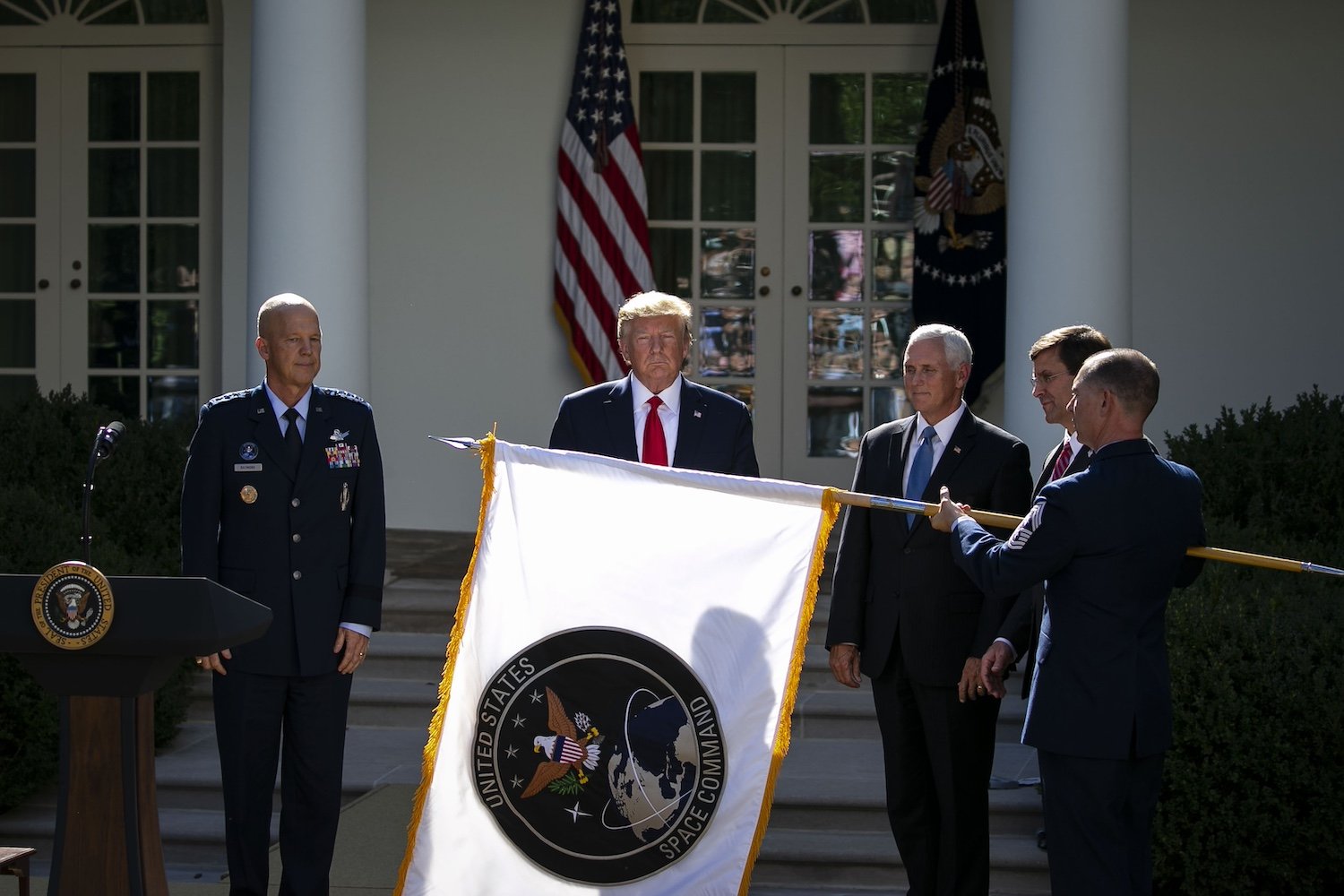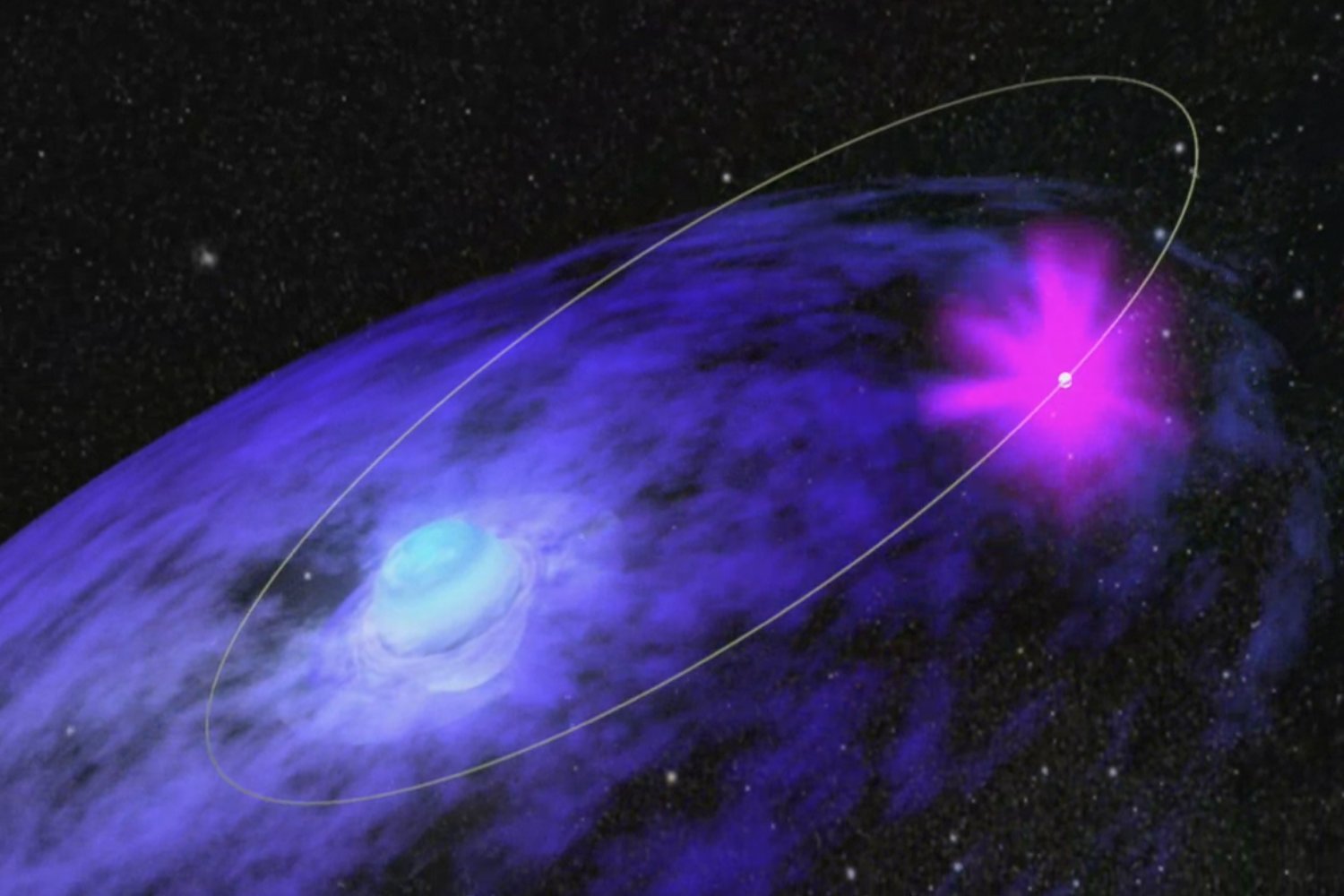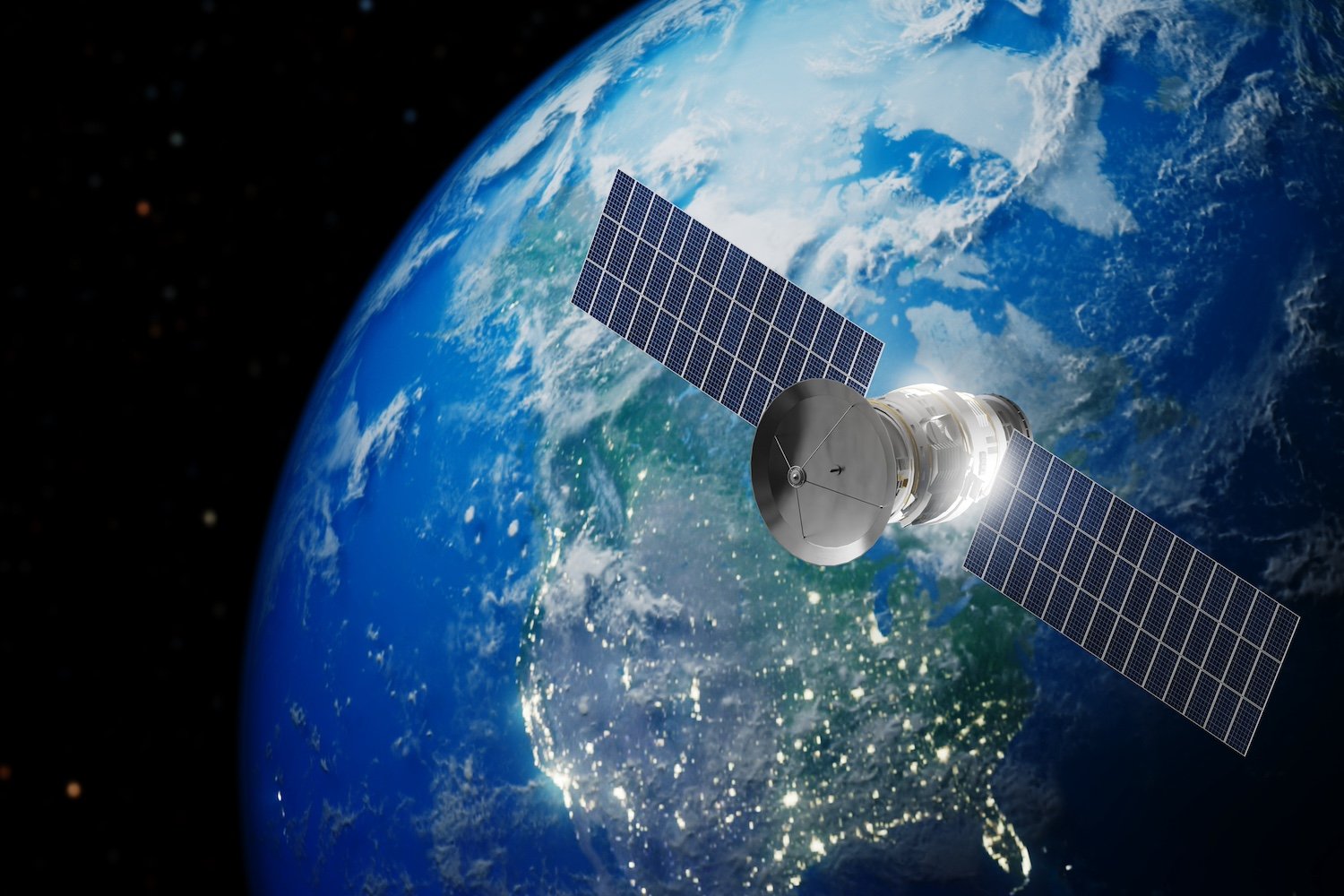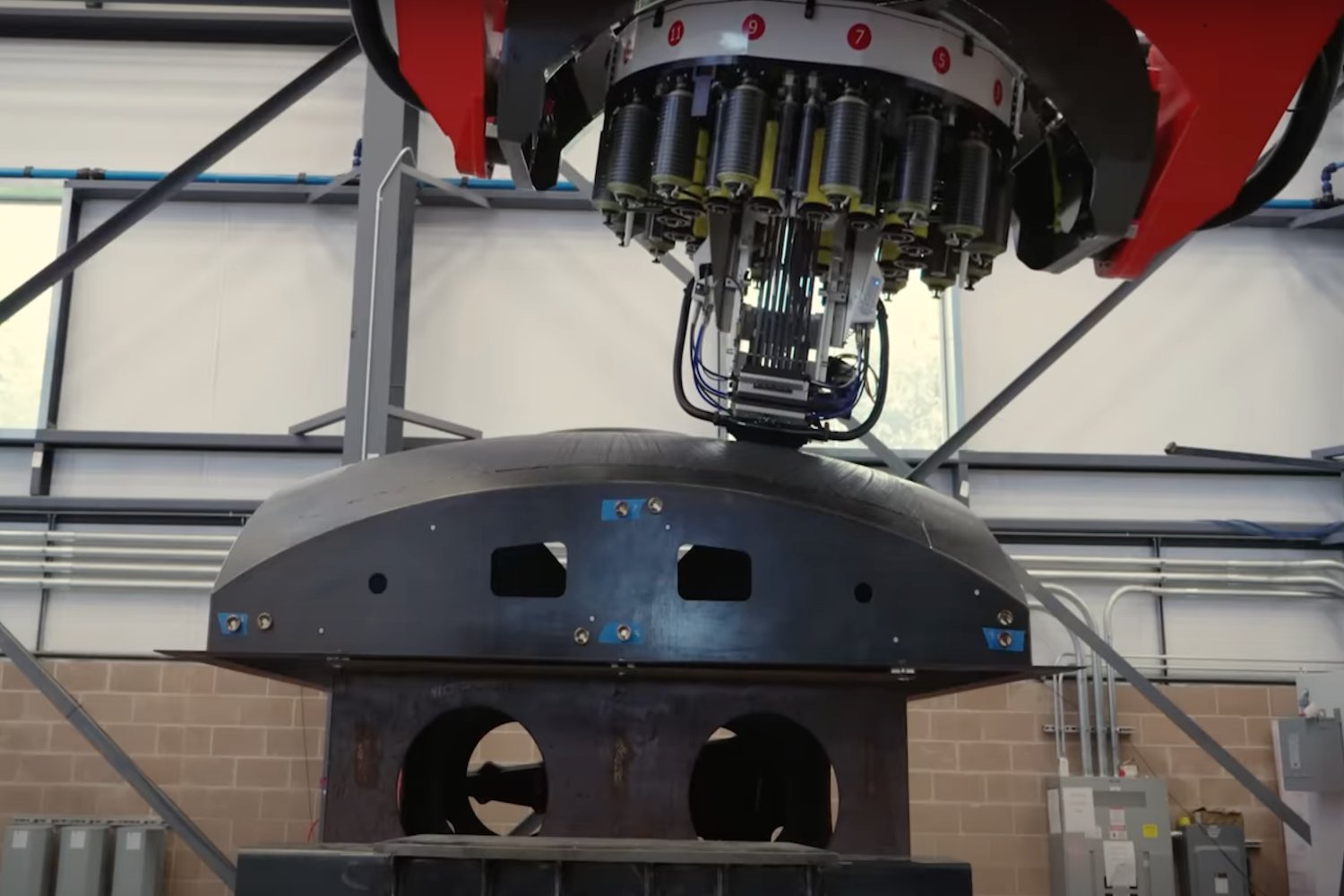The US Space Command’s permanent location continues to be a source of contention, with the possibility of it being relocated back to Alabama under the upcoming Trump administration. This potential move reignites a debate that concluded just months ago, raising questions about the future of this critical military branch.
The initial decision to move the Space Command headquarters from Colorado to Huntsville, Alabama was made by President Trump during his first term. However, this decision was later overturned by President Biden, reportedly due to concerns over Alabama’s restrictive abortion laws. With Trump’s return to office, Alabama Congressman Mike Rogers, chair of the House Armed Services Committee, has indicated Trump’s intention to reinstate the move to Huntsville, citing a prior Air Force evaluation that favored the Alabama location.
This potential relocation is facing resistance from Colorado lawmakers, who argue that Colorado Springs is strategically advantageous for the Space Command. Representative-elect Jeff Crank emphasizes Colorado’s military value and its suitability for meeting national security needs. The tug-of-war between the two states raises concerns about the impact of political considerations on crucial defense decisions.
This renewed debate reopens a feud that unfolded throughout 2023. Biden’s decision to keep Space Command in Colorado prompted Alabama lawmakers to impose budgetary restrictions on the Air Force, aiming to pressure the administration. Despite this, Biden’s decision held, drawing criticism from Alabama officials who accused the administration of prioritizing a “woke agenda” over national security.
The back-and-forth relocation decisions could significantly disrupt the Space Command’s operational capabilities. Established by Trump in 2019, after its initial dissolution in 2002, the command plays a vital role in space operations and national security. Its function is distinct from that of the Space Force, a separate military branch focused on training and equipping space forces.
Trump has also expressed intentions to establish a Space National Guard, a proposal the Biden administration viewed as unnecessary and costly. This further adds to the complex landscape of space defense policy and could further intensify the debate over Space Command’s location.
In conclusion, the future location of the US Space Command remains uncertain. While Alabama anticipates the headquarters’ return under the Trump administration, Colorado is prepared to defend its current position. The ongoing debate highlights the tension between political considerations and strategic military planning, raising crucial questions about the long-term stability and effectiveness of the US Space Command. The final decision will have significant implications for both national security and the future of space operations.











